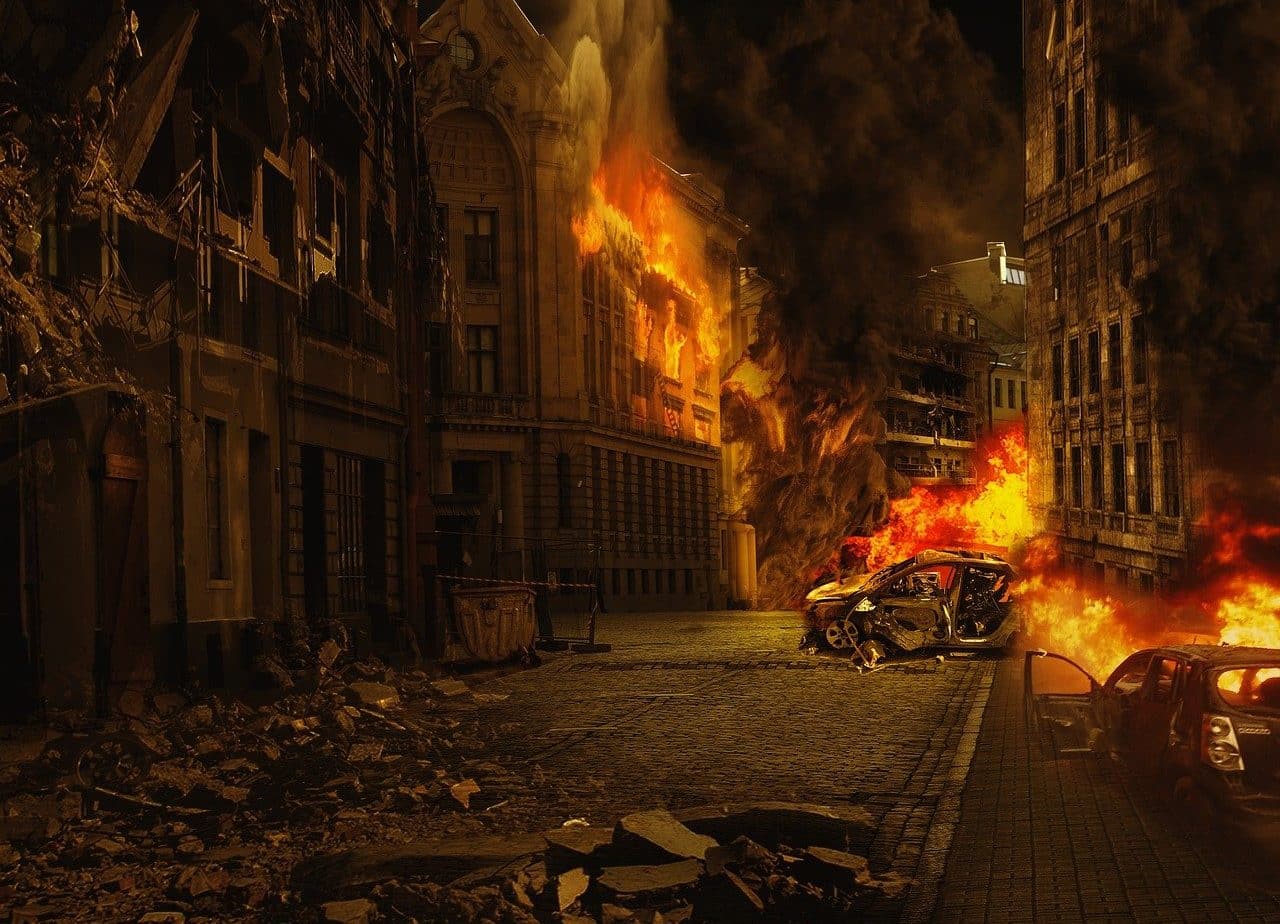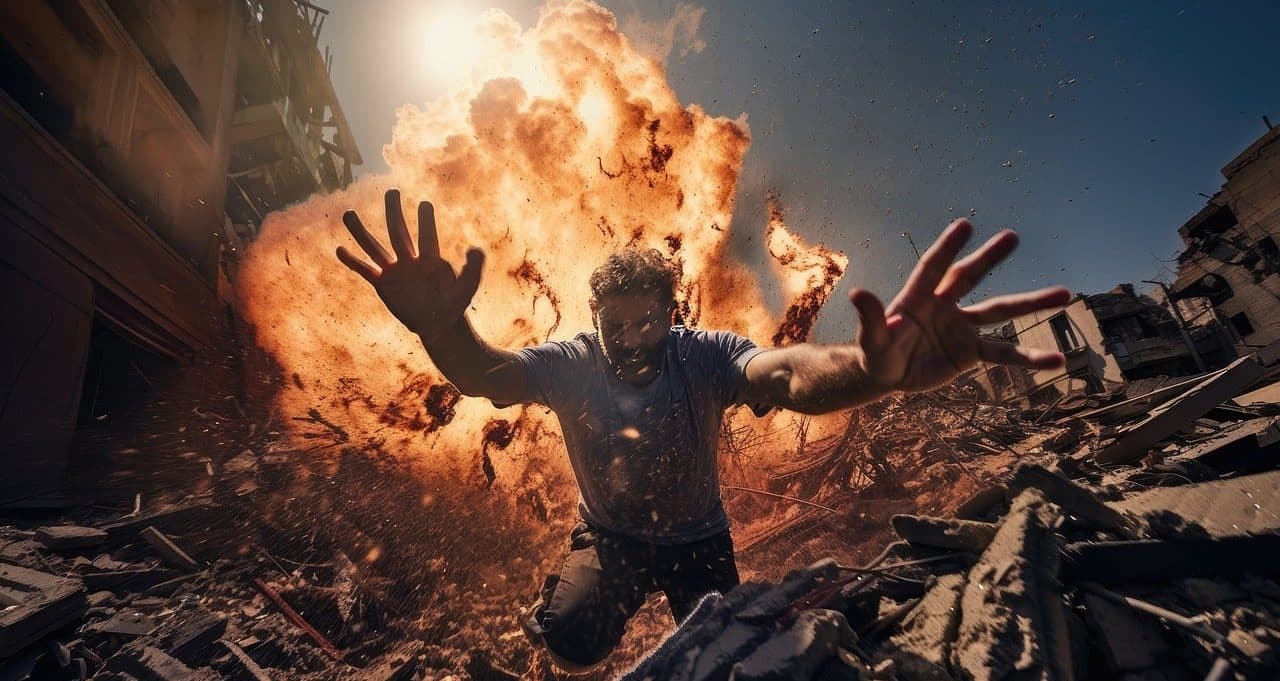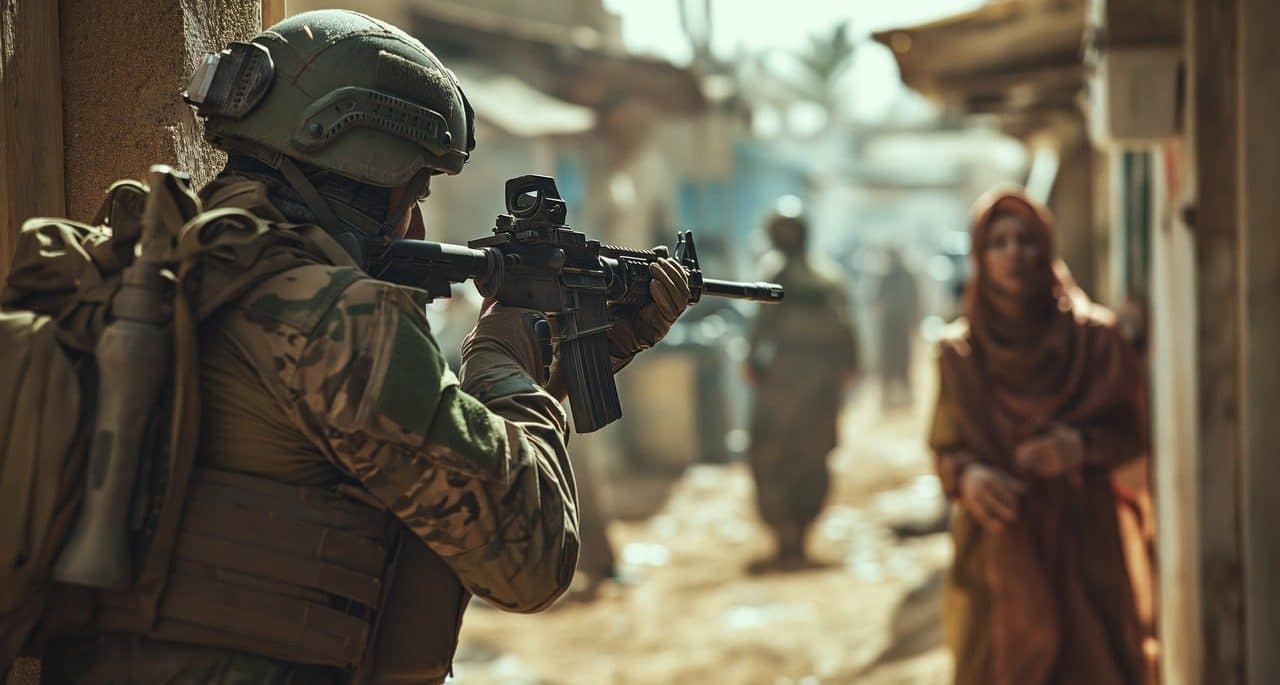
The International Criminal Court can evaluate accusations of genocide.
The International Criminal Court is a permanent court governed by the Rome Statute and launched in 2003 . Known by the acronym ICC , its purpose is to prosecute serious crimes such as war crimes, crimes against humanity, crimes of aggression and genocides.
Based in The Hague ( Netherlands ), which is why it is usually referred to as the Hague Court , it is an instrument of international criminal law that is a valuable tool of global justice .
History of the International Criminal Court
The origin of the International Criminal Court dates back to 1998 , when the Rome Statute was adopted. This document recognizes four international crimes (aggression, war, crimes against humanity and genocide ) that do not prescribe and establishes that the ICC can carry out the investigation and trial of them when the States are not in a position to carry out the processes by themselves or do not wish to do so.
However, before the Rome Statute there were various initiatives and actions that allowed progress towards the establishment of an international court like the ICC . Although when the First World War ended there was an attempt by the winners to judge William II of Germany that was unsuccessful, a measure of this type was only achieved with the Nuremberg and Tokyo Trials after the Second World War .
Shortly afterwards, the Security Council of the United Nations ( UN ) began to analyze the possibility of creating a court to complement the work of the International Court of Justice , although no progress could be made on the matter.
Already in the 90s , work was carried out with the concept of an ad hoc court: thus, thanks to international cooperation , a court for the former Yugoslavia and a court for Rwanda were established with the purpose of trying crimes against humanity.
Finally in 1998 the Rome Statute was adopted. The International Criminal Court effectively came into operation in 2003 and since then it has intervened in cases of human rights violations and serious crimes, promoting the criminal prosecution of those responsible.

Reparation to victims of an armed conflict is one of the missions of the International Criminal Court.
Its characteristics
The International Criminal Court is organized by a presidency, a secretariat, a prosecutor's office and judicial divisions. It also has two semi-autonomous offices (the Office of the Public Counsel for Defense and the Office of the Public Counsel for Victims ) and administers a Fund for Victims .
Currently (November 2024), the president of the ICC is the
Japanese judge Tomoko Akane . Since 2021 , meanwhile, the ICC 's chief prosecutor is the British Karim Khan .
The ICC enjoys autonomy from States and other powers. It is governed by principles such as individual criminal responsibility (it judges natural persons), complementarity (it intervenes when a nation cannot or does not wish to judge events that are within the jurisdiction of the court) and imprescriptibility (the passage of time does not extinguish the action).

The International Criminal Court makes it possible to end impunity for those responsible for violations of international law.
Role of the International Criminal Court
As we already indicated, the International Criminal Court is a court of international jurisdiction that judges serious crimes. The
ICC investigations can be initiated ex officio by the chief prosecutor, at the request of the UN Security Council or through the referral of facts made by a State party.
The prosecutor is in a position to file the requests or file an
accusation, which is reviewed by the Trial Chamber
Preliminaries . When it is considered that the accusation is appropriate, the Trial Chamber intervenes, which conducts the trial. Once the process is concluded, the eventual convict and the prosecutor may appeal to the Appeals Chamber if they consider it appropriate.
As for the ICC sentences, they can reach the chain
life. Its compliance can be carried out in the Netherlands (where the court is based) or in another country if an agreement is established.
It should be noted that the management of the ICC is carried out by the Assembly of States Parties , made up of the representatives of the 124 countries that adhered to and ratified the Rome Statute . This Assembly acts as a legislative body but is not an organ of the International Criminal Court , thereby maintaining the independence and political impartiality of the court.
Your cases
In its more than two decades of history, the International Criminal Court has intervened in several cases of great importance.
The court, for example, issued two sentences for events that took place in Mali , where in 2012 armed groups took over northern regions of the country. In 2016 , the ICC found Ahmad Al Faqi Al Mahdi guilty of intentional attacks on cultural property. Later, he also found Al Hassan Ag Abdoul Aziz guilty, in this case for crimes against humanity and war crimes.
In 2019 , meanwhile, the ICC sentenced Bosco Ntaganda to 30 years in prison for having committed war crimes and crimes against humanity in the Democratic Republic of the Congo between 2002 and 2003 . Ugandan Dominic Ongwen was also convicted by the ICC in 2021 .
